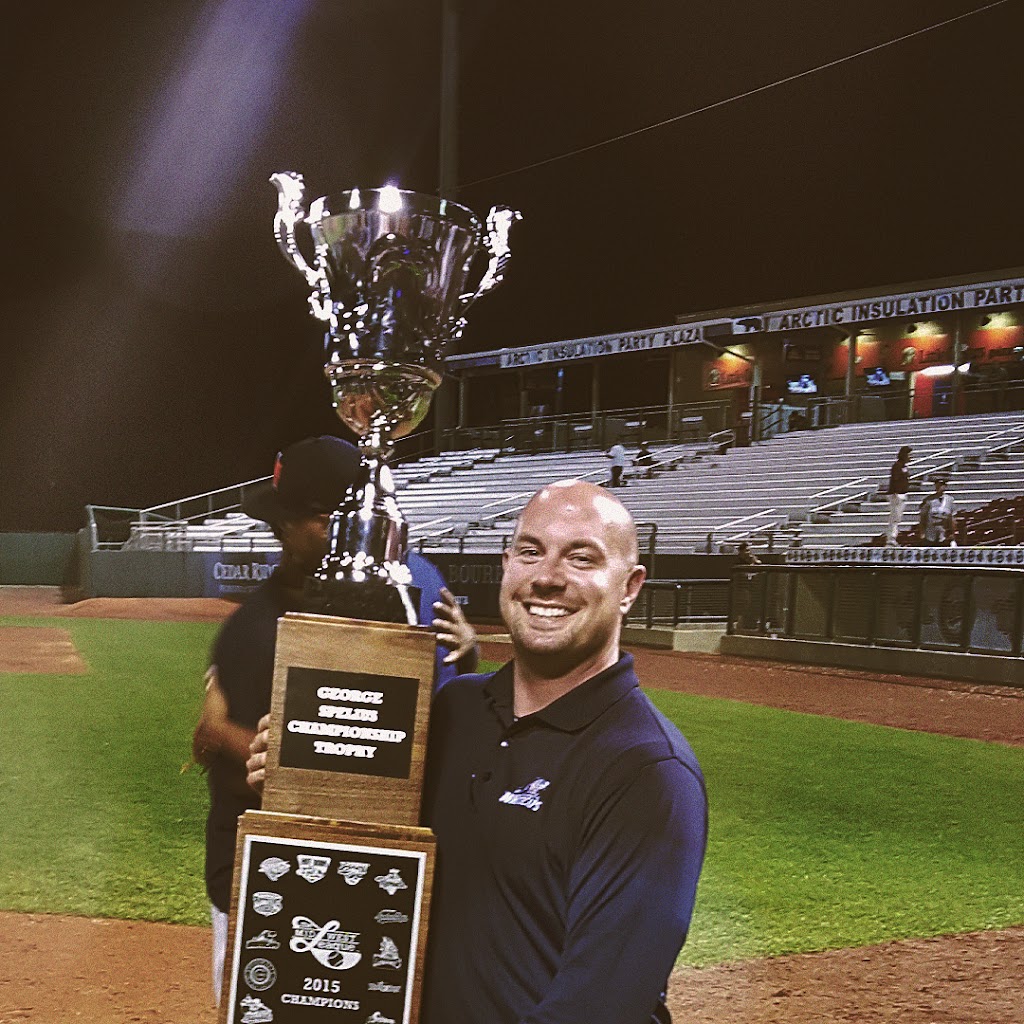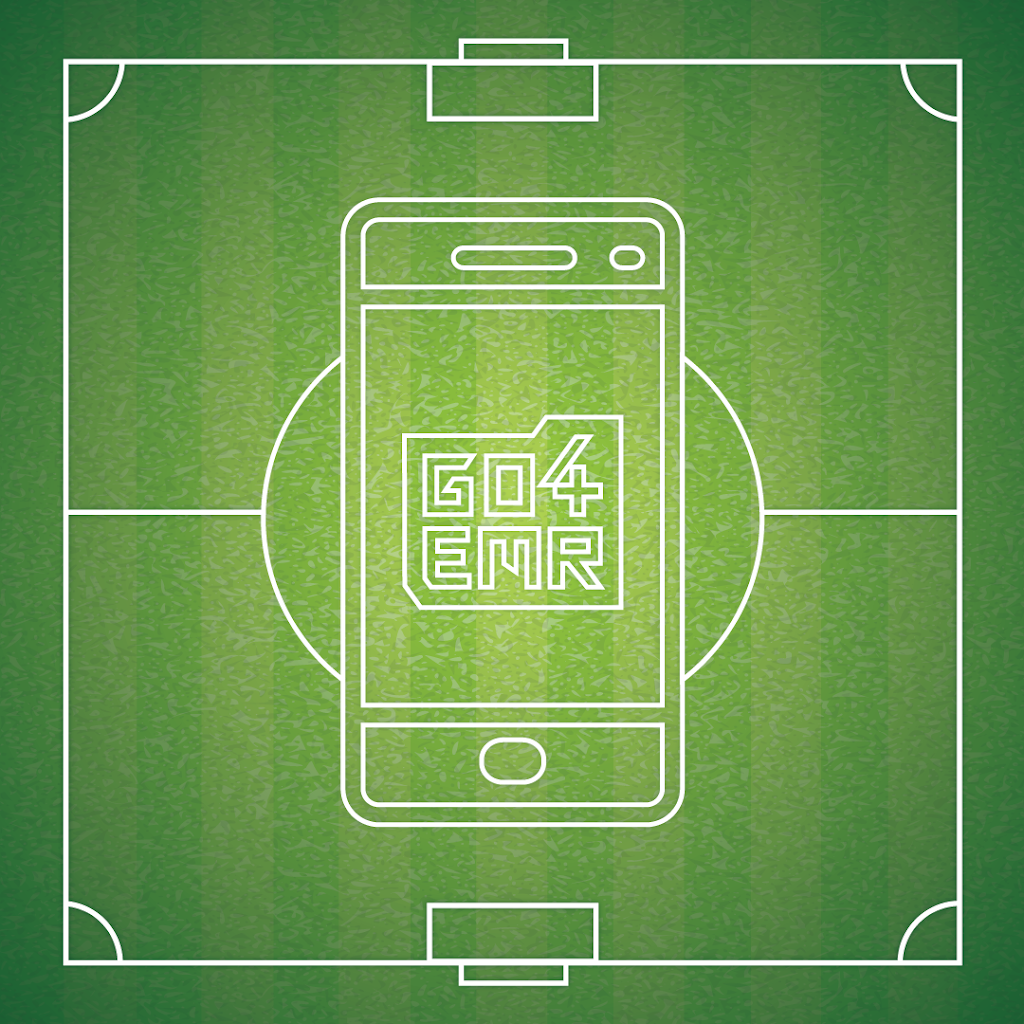CAATE Resident Spotlight: Clarissa Alexander

Commission on Accreditation of Athletic Training Education (CAATE) Resident Features
Clarissa Alexander who completed her athletic training residency at St Luke’s University Health Network, a CAATE-accredited athletic training residency program. Clarissa is passionate about her residency experience and shared the following insights:
Q: What factors influenced your decision to pursue a residency program?
A: I have worked in both the secondary and collegiate settings for multiple years prior to starting this residency program. I was really burnt out and needed a new challenge which I thought would be medical school. After talking with my support system, an opportunity arose to join the residency at St. Luke’s. It was the best decision I have ever made. I have grown exponentially, both in clinical decision-making as well as evaluation of injuries. Learning how to assist in surgery was just the cherry on top. I have studied anatomy a long time and being in surgery has really changed and shaped how I see and treat the human body.

Q: In what ways has completing a residency and specializing shaped, or do you anticipate shaping, the trajectory of your career?
A: Completing a residency program has not limited my options to working “just” in the clinic setting. My evaluation skills have been finely tuned after learning from so many orthopedic physicians and surgeons. I would be even more confident if returning to the more traditional aspects of athletic training. I am also better able to describe surgical implications and post-operative protocols for the athletes/patients that I work with.
Q: How has the education and training during your residency program enhanced your clinical practice, impacting aspects such as patient satisfaction and care delivery?
A: I am a significantly better athletic trainer for my patients. I would be confident walking into any situation with any population after this year that I have completed. My evaluation skills have been finely honed with 99% diagnostic accuracy in accordance with my physicians. I am also better able to describe surgical implications and post-operative protocols for the athletes/patients that I work with.
Q: What shifts have you noticed in how your peers perceive you since completing your residency?
A: People did not understand the why when I left my collegiate athletic training position to complete this residency program. They now see how much I have grown in my evaluation skills, clinical decision making, and surgical abilities. My confidence has also increased exponentially in all the above aspects.
Visit the CAATE website to explore a career in athletic training and learn more about residency and fellowship.
Are you an Athletic Trainer?
Join us!
From per diem shifts to full-time opportunities, AT resources, PLI, a free EMR and more, Go4 is the essential AT app. Sign up now!
"*" indicates required fields
Other articles you might like

What is the deal with Standing Orders?
How do I get standing orders as an athletic trainer? Q: What are standing orders? A: Standing orders, aka medical protocols, establish the scope of practice for an athletic trainer. Under the direction of a physician, they are an overview of the specific skills that the AT is legally able…

AT Spotlight: Thomas Obergefell, Athletic Training from the Dugout
Name: Thomas Obergefell, MS, ATC, LAT Nickname: T.J. Alma…

Middle School / High School / College / Any School EMR: The Importance of Documentation
Go4’s in-app Electronic Medical Record We all know the reasons why it’s important to thoroughly document, but incase you forgot, here they are:…